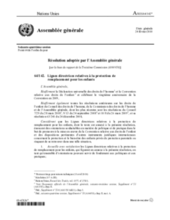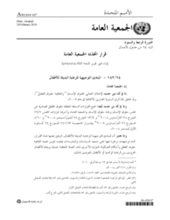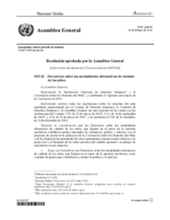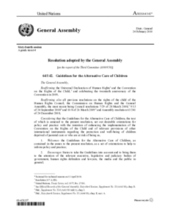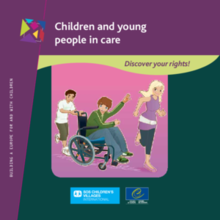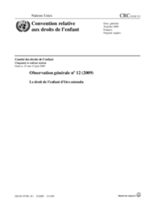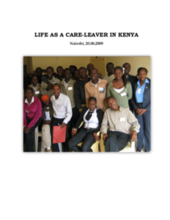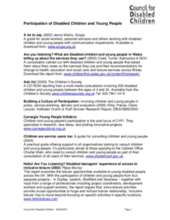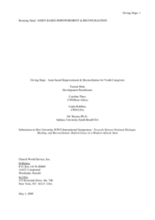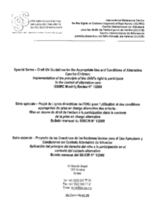Displaying 291 - 300 of 377
Les lignes directrices pour la prise en charge alternative des enfants ont été endorsées par l'Assemblée Générale des Nations Unies, dans le sillage de la commémoration du 20e anniversaire de la Convention des Nations Unies relative aux droits de l’enfant.
The Guidelines for the Alternative Care of Children were endorsed by the United Nations General Assembly on 20th November 2009, in connection with the 20th anniversary of the UN Convention on the Rights of the Child. This momentous day marked a culmination of years of discussions and negotiations led by the Government of Brazil, in partnership with Group of Friends and civil society.
Las directrices sobre las modalidades alternativas de cuidado de los niños fueron endosados por la Asamblea General de las Naciones Unidas el 20 de noviembre de 2009, en conexión con el 20a aniversario de la Convención de los Derechos del Niño de la ONU.
The Guidelines for the Alternative Care of Children were endorsed by the United Nations General Assembly on 20th November 2009, in connection with the 20th anniversary of the UN Convention on the Rights of the Child.
Youth-friendly information booklet addressed to children and young people in alternative care.
Le droit de l’enfant d’être entendu
This report is the result of a workshop held with a group of young care-leavers drawn from ten different charitable children’s institutions or rehabilitation centres and of a questionnaire carried out on the young care-leavers.
A directory of resources promoting and guiding the participation of disabled children and young people in program development.
This paper shares the philosophy and key components of the African development initiative Giving Hope that works with youth caregivers through an asset-based empowerment methodology. The approach facilitates the restoration of youth caregivers’ sense of self, belonging, power, and collective responsibility.
This article seeks to share a few examples of the implementation of the principle of the child’s right to participate from a recent desktop review conducted by ISS/IRC around the world.

